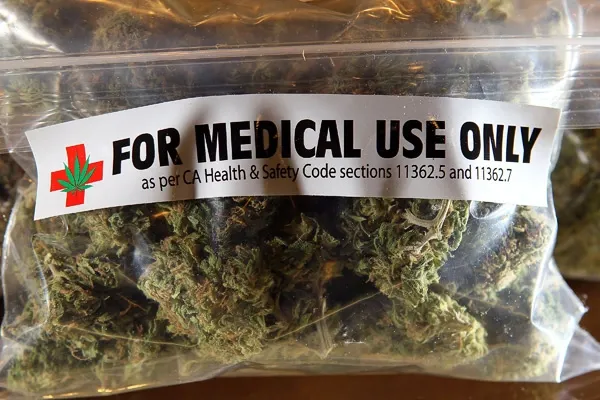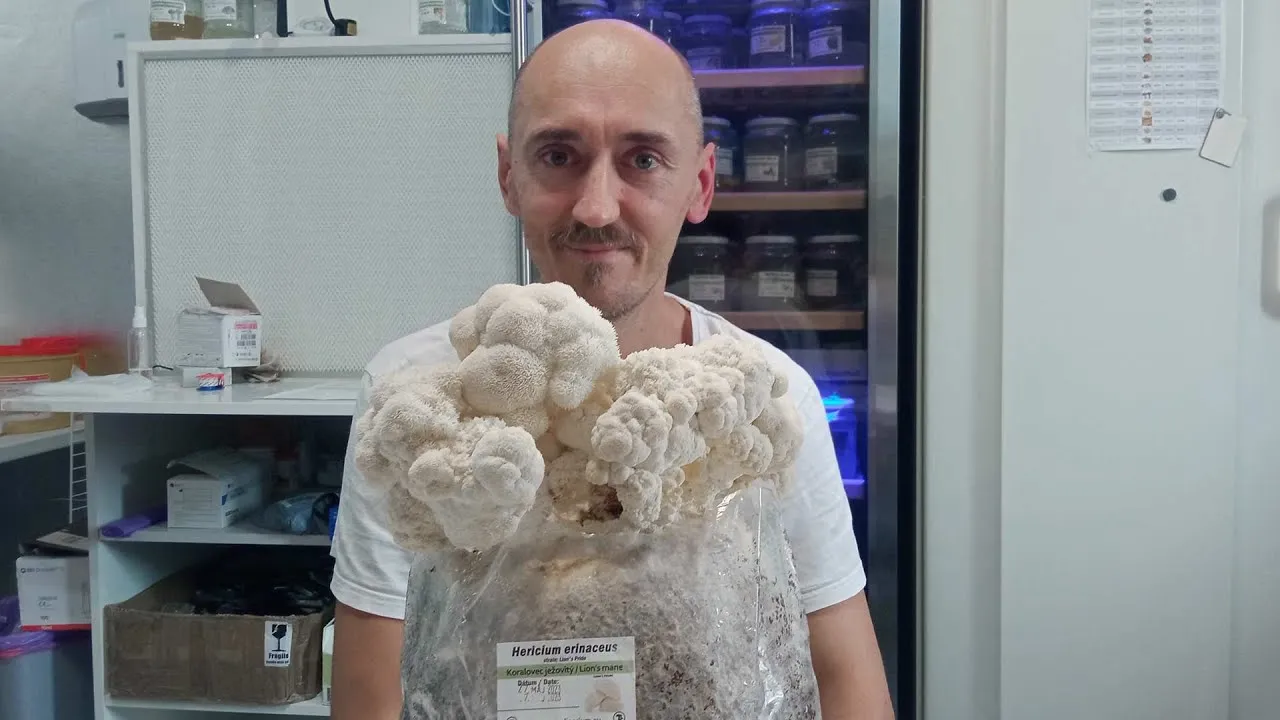More than half of cannabis users with Parkinson’s disease report clinical benefits, notes this team from the Department of Neurology at the University Medical Center Hamburg-Eppendorf. A benefit that helps to explain a high rate of use, >8%, in patients with Parkinson’s disease. These data, published in the Journal of Parkinson’s Disease, call for clinical trials to be conducted on this possible new benefit of cannabis.
While the trend in the world is towards the legalization of medical cannabis, as it attracts growing interest in the relief of many symptoms, the study also reveals its growing experimentation -here in Germany- against the symptoms of “Parkinson” with satisfaction of more than half of users (54%). Germany is a privileged field of study on the effectiveness of medical cannabis against the symptoms of Parkinson’s disease: indeed, cannabis-based products containing THC (tetrahydrocannabinol, the main psychoactive compound of cannabis) can be prescribed in patients refractory to standard therapies. CBD (cannabidiol), the other non-psychoactive active ingredient in cannabis, is also available without a prescription in pharmacies and on the Internet. The main author, : “Parkinsonian patients refractory to standard treatments can be prescribed medical cannabis, but there are still few efficacy data, in particular on the different types of cannabinoids and the different routes of administration”.
A first assessment of parkinsonian patients’ perceptions of the efficacy of medical cannabis
In order to assess the experiences of patients already using cannabis products, researchers conducted this nationwide cross-sectional survey among participants of the Deutsche Parkinson Vereinigung eV, the largest set of patients (21,000) with Parkinson’s disease in German-speaking countries. In the end, more than 1,300 questionnaires were analyzed. This analysis finds that:
- the interest of this group of patients for medical cannabis is high;
- knowledge of the different types of products is very limited;
- 51% of respondents with Parkinson’s are aware of the legality of medicinal cannabis;
- 28% know the different forms and routes of administration;
- only 9% are aware of the difference between THC and CBD;
- more than 8% of them already use cannabinoids;
- 54% of these users declare a beneficial clinical effect;
- overall tolerability is good;
- more than 40% of users say that cannabis helps manage pain and muscle cramps;
- over 20% of users also report a reduction in stiffness (akinesia), paralysis, tremors, depression, anxiety and restless leg syndrome;
- Parkinson’s patients also report that inhaled cannabis products containing THC are more effective in treating limb stiffness than oral products containing CBD; however, these inhaled forms are slightly less well tolerated;
- these cannabis patients tend to be younger, more urban, and better informed about the legal and clinical aspects of medical cannabis;
- 75% of responding parkinsonian patients who do not use medical cannabis declare that they are interested in experimenting with it, with a general lack of knowledge and fear of side effects.

